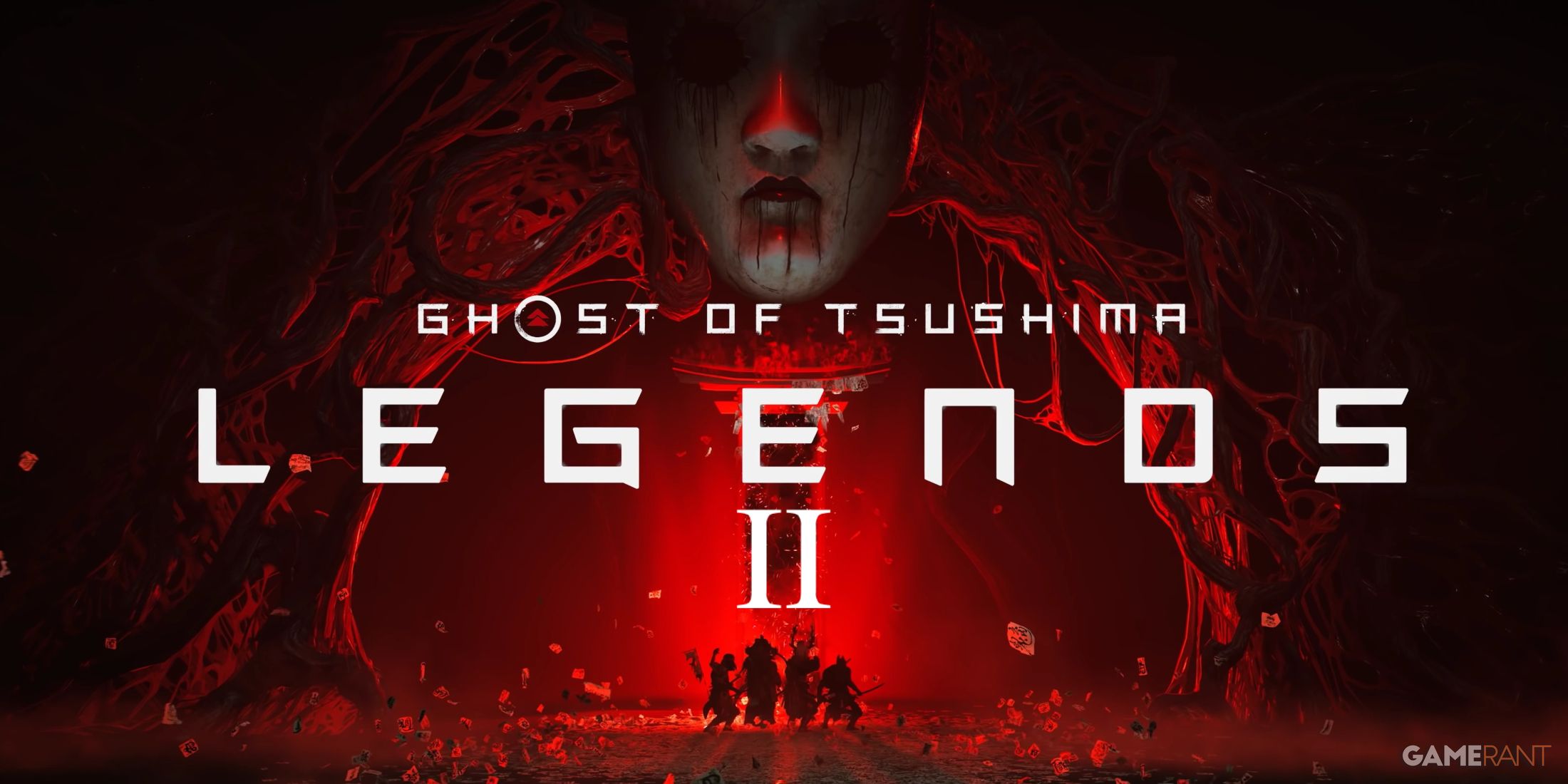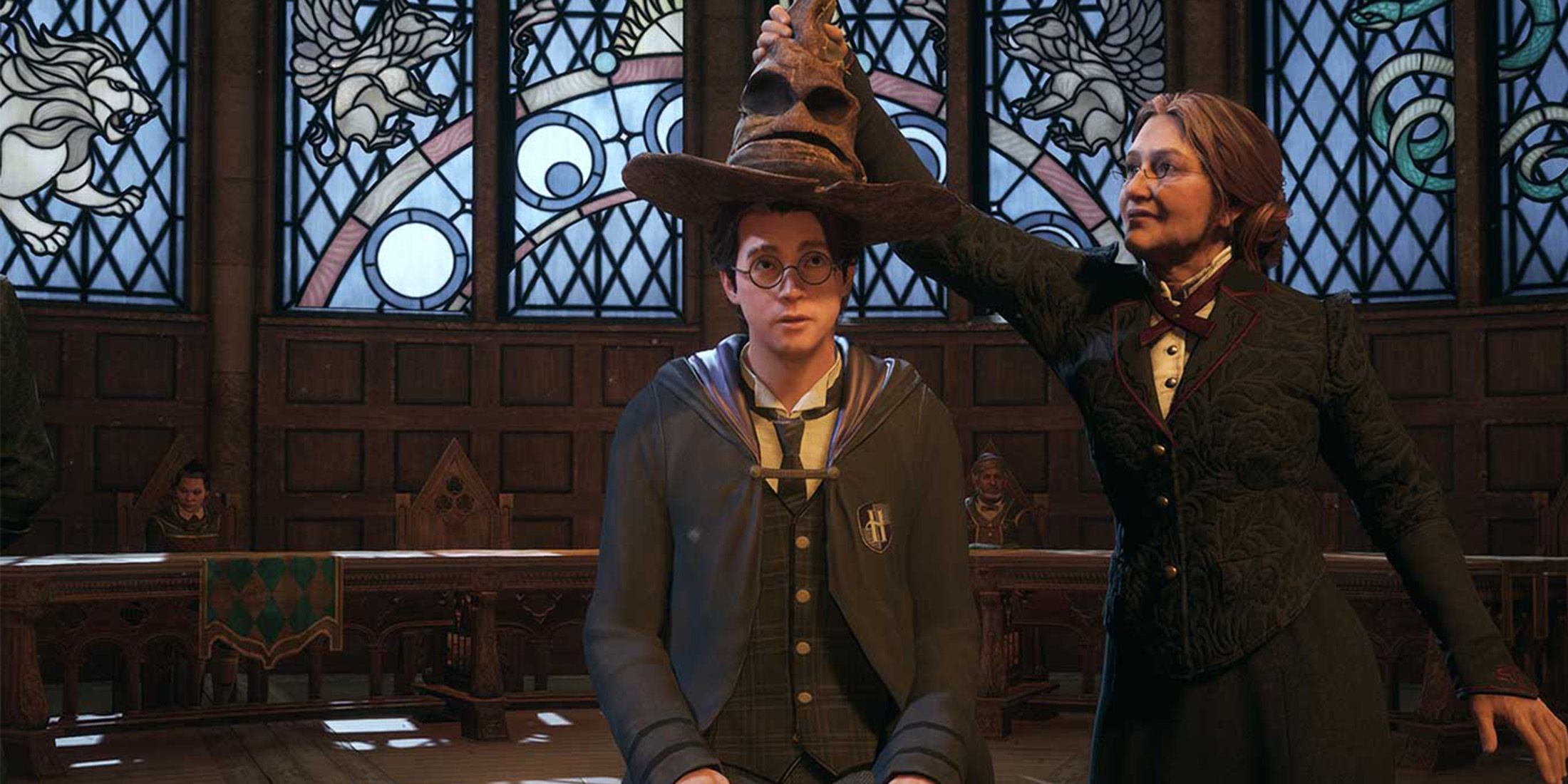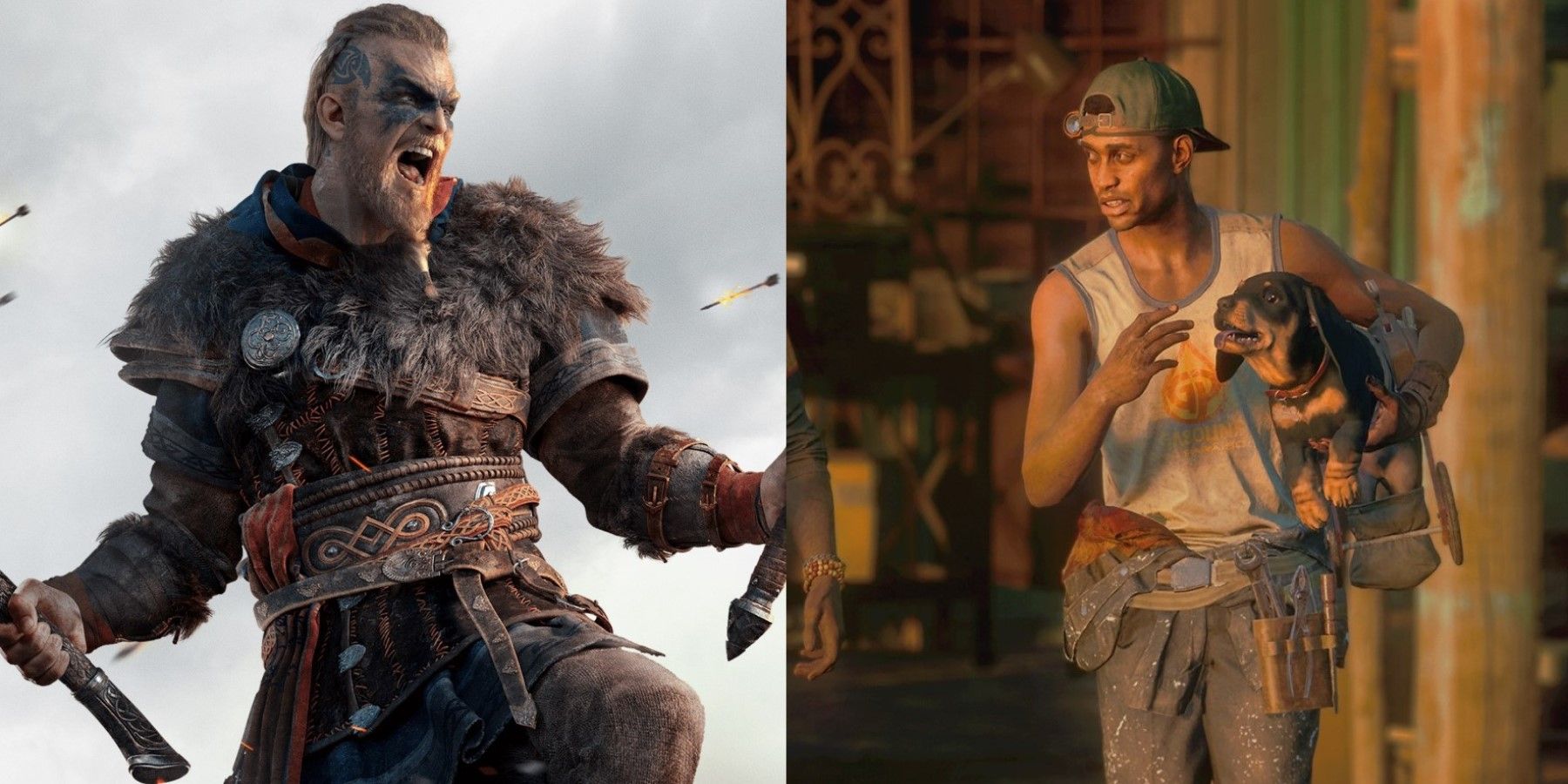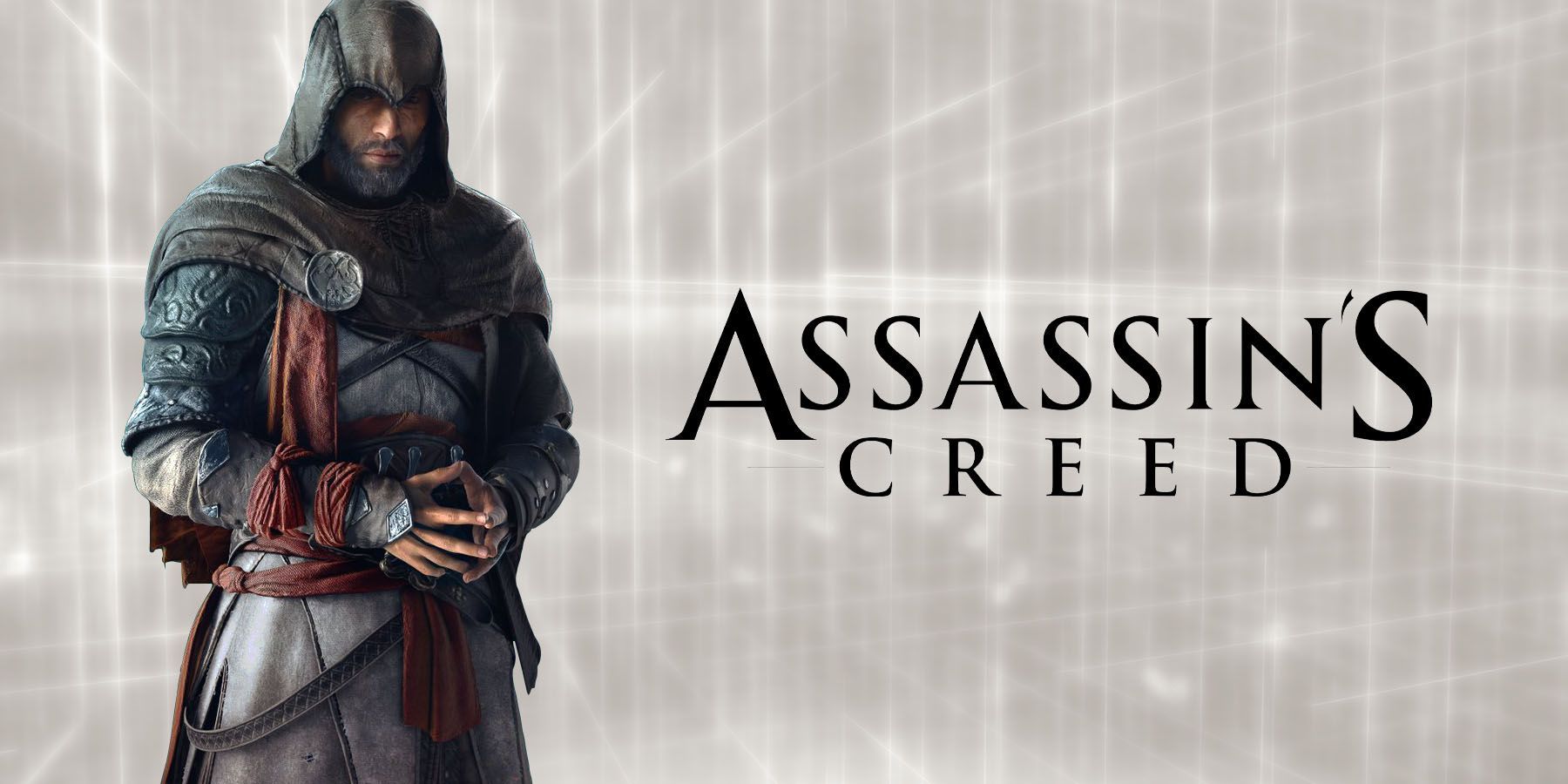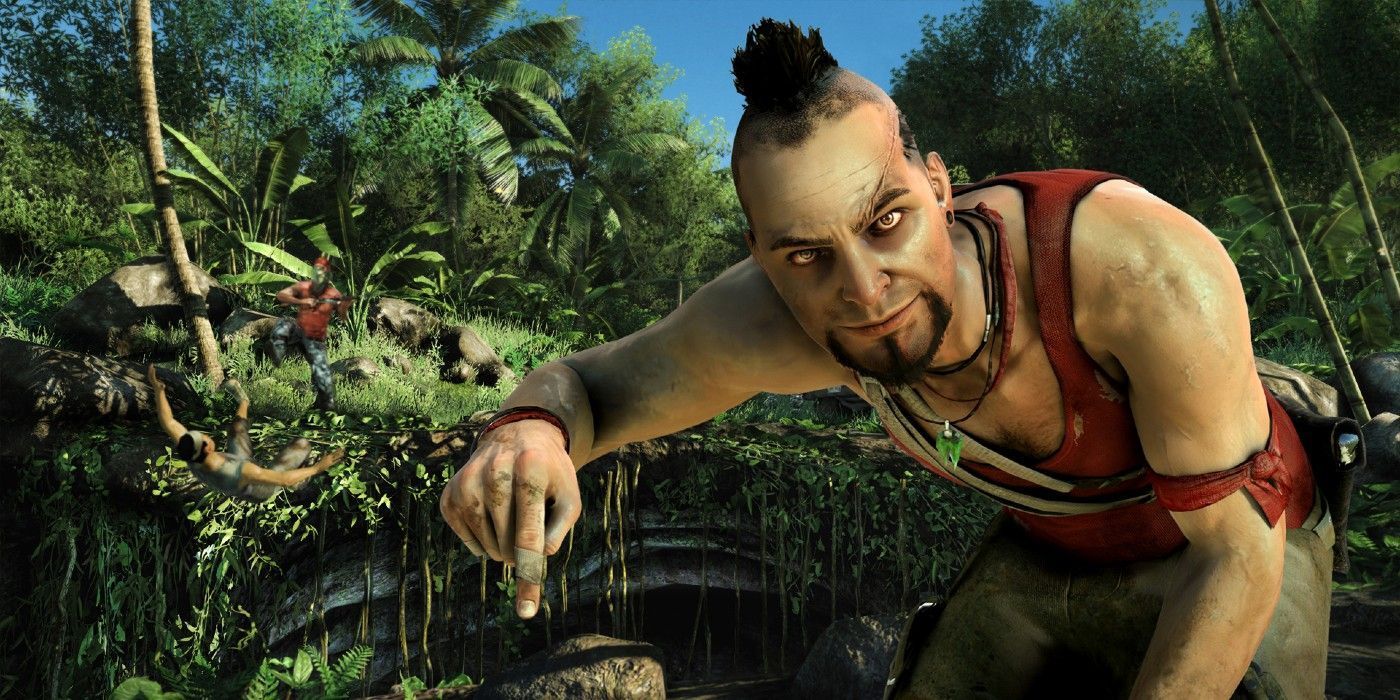The French developer Ubisoft has made a name for itself in the gaming world through its collection of open-world franchises that have defined the genre. Of the numerous series on offer, Assassin's Creed is perhaps the most recognizable. It began in 2007 and since then the series has taken gamers to all corners of the world, including Egypt, Italy, and France, to name a few. Alongside Assassin's Creed is Far Cry, a first-person franchise that blends exploration and survival gameplay with high-adrenaline action. Like Assassin's Creed, Far Cry takes place in various locations worldwide, with Far Cry 6 playing out in Yara, a fictional Caribbean island.
Both franchises have sold millions of copies, so it is not unexpected that Ubisoft has invested heavily in them, and gamers have come to expect new releases regularly. However, the reception to Assassin's Creed Valhalla and Far Cry 6 illustrates that this may not always be the best strategy. While it is good to support franchises that have enthusiastic fan bases, over-saturation can also be a bad thing.
The Dangers of Franchise Fatigue
When games develop fervent fan bases, there is usually an almost continuous chant for a sequel, and then a sequel to that sequel. However, having too many games released in short succession can have negative effects not just for gamers but also for developers. One of the main issues is that, although they are a commodity, video games are also an art form, and crafting good ideas takes time. It is not always a process that can be reliably pinned down to a schedule, and stressful conditions can often hinder creativity. Consequently, series that strive for annual or regular releases sometimes suffer from a lack of innovation.
When this happens, a franchise may suffer from what is colloquially known as franchise fatigue where every release feels like an uninspired regurgitation of the previous. This phenomenon is understood by game developers, and some have recognized how it has harmed their franchises. As was reported earlier this year, Activision Blizzard may skip its typical annual Call of Duty release for 2023 following a recent entry not meeting expectations. Hence, while gamers will enjoy Call of Duty: Modern Warfare 2 in 2022, it may not receive a follow-up until 2024.
It may be this phenomenon that is behind the lukewarm critical reception received by both Assassin's Creed Valhalla and Far Cry 6, the latest entries in their respective franchises. While Assassin's Creed Valhalla was by no means critically panned, reviewers repeated the sentiment that the game failed to introduce enough novelty. For instance, GameRevolution notes that there was an overwhelming sense of familiarity, while Hardcore Gamer comments that although the game is good, "there may be some who after spending 200+ hours completing Origins and Odyssey are burnt out on the format." Far Cry 6 faced similar criticism upon release, and the critiques were perhaps harsher. Screen Rant notes that while the game provides reliable fun, it "fails to shock anyone familiar with its tried and true formula."
How Ubisoft Can Salvage Assassin's Creed and Far Cry
It is clear that Assassin's Creed and Far Cry are both beloved franchises, and they should not be retired. However, franchise fatigue has the potential to destroy them. There are a few solutions Ubisoft could implement. The first would be to mimic Activision Blizzard and give the franchises a bit of a break. Allowing developers to work on other projects will allow for time for ideas to ferment, producing a better product in the long term even if it means gamers have to wait a little longer for the next release.
The other option would be for Ubisoft to find ways to radically change the formula it has been using for its franchises. Sometimes, this may mean making counterintuitive decisions. For example, Ubisoft's open worlds have been growing evermore bigger and filled with more activities. While this may seem like it makes games more attractive, it can deter some gamers who end up finding the massive open worlds too intimidating and the endless checklist of activities begins to feel more like work than fun. Hence, it may also be a good idea to keep things smaller, and instead, ensure that the moment-to-moment gameplay is more meaningful.
It seems Ubisoft may be going in this direction with Assassin's Creed. According to reports from Bloomberg, the studio is planning to release a game centered on Basim, a character who appears in Assassin's Creed Valhalla, and it is codenamed Assassin's Creed Rift. The reports claim that the game will be smaller than the typical Assassin's Creed game, and it will be focused on stealth-based gameplay. If reports are true, Assassin's Creed Rift may be the title to reinvigorate the series.
Far Cry could also benefit from a similar title that attempts to provide an experience that is smaller in scope but is more focused. It may be a risky move, as it requires moving away from what is familiar, but it could be a risk that ultimately pays off massively for both Ubisoft and gamers. On the other hand, without significant innovation, Far Cry 7 may be the title where franchise fatigue kills the series.
There are over a dozen titles between Far Cry and Assassin's Creed, and they are an important part of open-world gaming. Characters like Ezio from Assassin's Creed have become iconic figures, while Far Cry has gone beyond gaming to spawn a film and a television miniseries. Understandably, Ubisoft has invested heavily in these franchises and tried to push out releases as frequently as possible. However, it may be a smart move for Ubisoft to give the games time to breathe, lest they fall victim to franchise fatigue.
Far Cry 6 is available on PC, PS4, PS5, Xbox One, and Xbox Series X/S.

